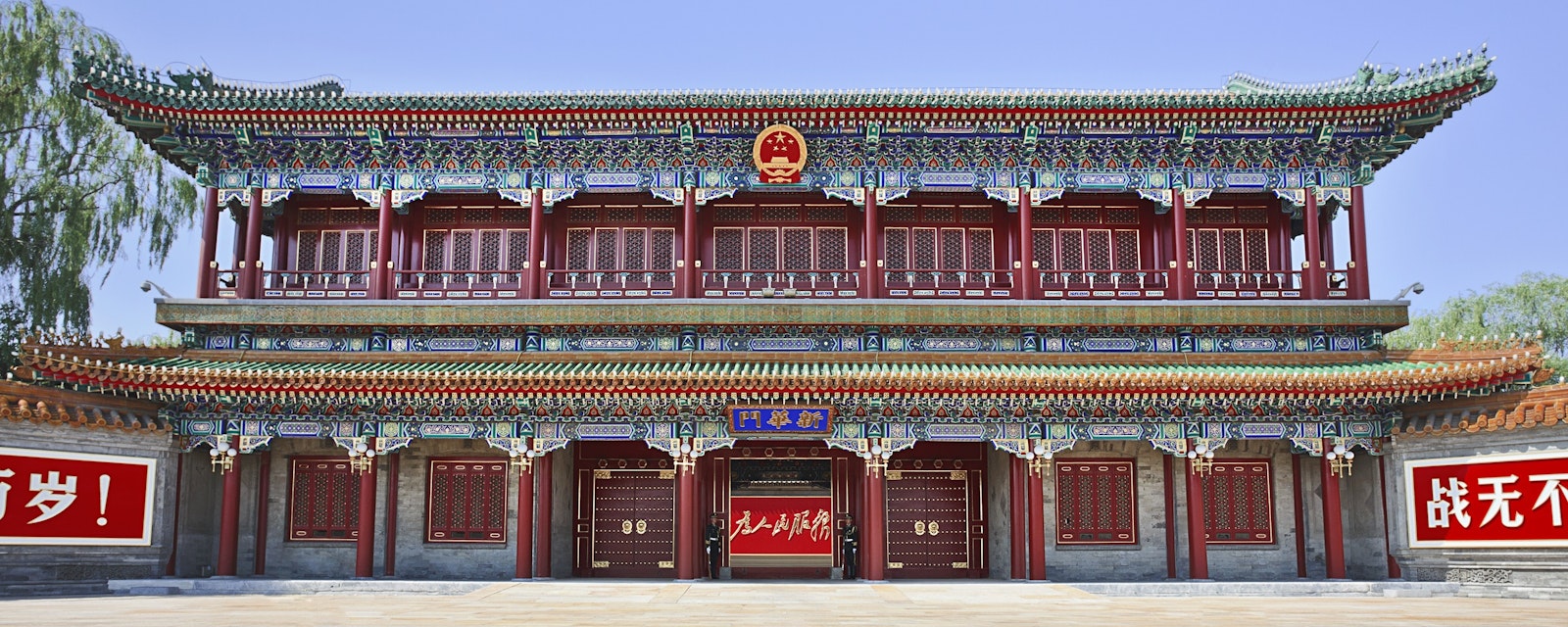EU and Chinese leaders met on 14 September for a virtual summit, bringing no tangible results in the negotiations of the much-awaited EU-China Investment Agreement but intensified discussions on climate change and human rights. The summit between the Chinese President Xi Jinping and the EU’s leadership team, composed of the German Chancellor Angela Merkel, the European Council President Charles Michel and the European Commission President Ursula von der Leyen, led to a frank exchange of views from both sides and some, mostly procedural, achievements in various areas. The meeting also showed that the EU is adopting a more assertive stance on China, but less aggressive than the US approach to decouple from China.
Context
This virtual summit replaced what should have been the first-ever in-person meeting in Leipzig (Germany) between all EU member states and the Chinese President. The Leipzig summit, which was a strategic priority of the German Presidency of the Council of the EU, would have been a special occasion for EU leaders, since the last such meeting was with US President Barack Obama.
However, the Covid-19 crisis changed the situation in practical terms but also in political terms. It has tempered the EU’s ambitions on what could be achieved in the current EU-China relationship. In 2019, the Commission identified China as a cooperation and negotiation partner, an economic competitor and a systemic rival. Of the three elements, the latter two have been attracting attention recently. Indeed, the EU-China relationship was weakened following China’s recent human rights violations in Hong Kong and Xinjiang as well as its disinformation and propaganda activities around the Covid-19 outbreak. The EU’s leadership team had low expectations for any major improvement during this virtual summit.
Trade Relations
This summit did not lead to a breakthrough on the EU-China Investment Agreement, which was the original target milestone for the year and the most important priority of the Leipzig summit.
The EU has recently noted some positive signals from the Chinese side, which has engaged more seriously in the negotiations, and at a higher political level since June. However, EU leaders have been concerned that China’s subsidies to companies allow them to sell at a lower price than European competitors, distorting the market, and that China would make claims on intellectual property owned by EU companies operating in China.
The two sides had already reached agreement on certain strategic issues such as state aid and transparency on state subsidies, and the prohibition of forced technology transfers. However, the EU is expecting more progress to be made from China on market access (in the digital and telecommunication sectors in particular), sustainability, and the removal of technical barriers to European investments. These include government contracts only being awarded to Chinese companies, restrictions on certain types of imports and restrictive conditions for companies operating in China, including data flow and cybersecurity. In these areas, the EU is not willing to compromise as it is trying to reduce the imbalance that has gradually been built up over the past 15 years - caused by China moving from being a developing to a highly developed country. The EU also reminded China that the EU is currently China’s largest export market.
Despite these remaining points of dispute, both sides agreed to continue the work to reach an Investment Agreement before the end of the year. It is, however, more likely that the Agreement will be concluded in 2021. An in-person summit in Brussels is to take place, as soon as the Covid-19 situation allows it.
The EU and China also officially signed an agreement on the protection of geographical indications of EU agricultural products shortly before the summit. This is considered to be a victory for the EU, which seeks to protect the names of hundreds of geographical indications of EU products on the Chinese market, such as ‘Champagne’, ‘Parmesan’ and ‘Feta’. This has been a long-standing demand from the EU, which is trying to prevent other exporters such as the US, Canada and Australia to sell products in China under the same labels.
The EU also asked China to reduce the global overcapacity in sectors such as steel and aluminium. As a result, China’s President Xi Jinping promised to investigate the possibility of China joining the Global Forum on Steel Excess Capacity, currently bringing together 33 economies, including all G20 members and interested OECD countries.
Human Rights
The EU raised several controversial issues during the meeting, especially emphasizing China’s human rights record in Hong Kong, Tibet and Xinjiang. The EU condemned China’s infringements but didn’t mention any threats of new sanctions or other restrictive measures. The Chinese delegation repeated traditional arguments contesting human rights violations but agreed to allow visits of foreign diplomats to Xinjiang province, including to camps that are reportedly holding hundreds of thousands of Uyghur prisoners.
Climate Change
The summit also addressed areas where China and the EU want to cooperate, such as on climate change. Germany’s Merkel was at the forefront in demanding stronger climate efforts from China, notably by reducing rather than expanding coal-based electricity production. Half of the world’s CO2 emissions from this sector are now coming from China. The EU expressed disappointment over China’s failure to produce a concrete timetable for achieving climate neutrality, amid rumours that China had planned to promise climate neutrality by 2060. The EU is expecting China to take bolder steps in the run-up to next year’s climate summit, COP26, in Glasgow (November 2021).
In the meantime, the two sides agreed to set up a joint group to coordinate their preparations for this conference. The joint group will also examine China’s plans to establish its own Emissions Trading System – a system of capping the carbon emissions of companies, above which they need to buy additional permits - and the possible cooperation with the EU in this perspective.





